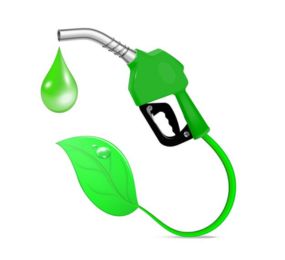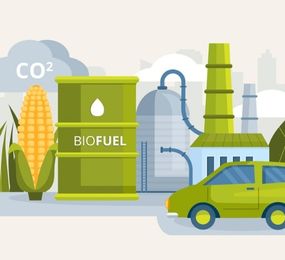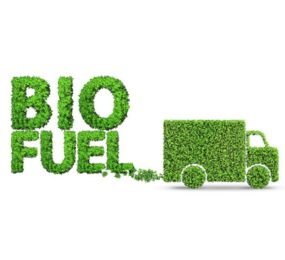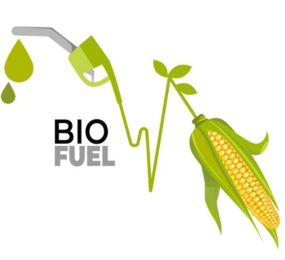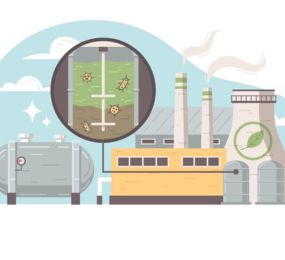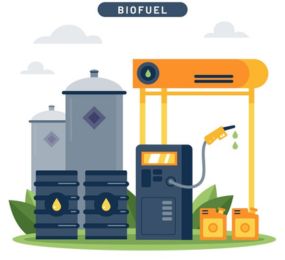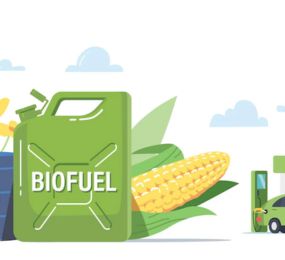The transition to advanced biofuels represents a critical step towards achieving a more sustainable and resilient energy future. Unlike first-generation biofuels, which are derived from food crops such as corn and sugarcane, advanced biofuels utilize non-food feedstocks such as algae, agricultural residues, and waste materials, offering greater environmental benefits and reducing competition with food production.
One of the primary challenges in transitioning to advanced biofuels is technological innovation. Advanced biofuel production requires the development and commercialization of novel conversion technologies capable of efficiently converting diverse biomass feedstocks into high-quality fuels. Research and development efforts are focused on advancing biochemical, thermochemical, and hybrid conversion processes to improve efficiency, reduce costs, and increase scalability.
Another challenge is scaling up production to commercial levels. While advanced biofuel technologies show promise in laboratory and pilot-scale trials, transitioning to large-scale production requires significant investments in infrastructure, supply chain development, and market expansion. Overcoming these barriers requires collaboration between industry stakeholders, policymakers, and financial institutions to incentivize investment and create a supportive regulatory environment.
Despite these challenges, the transition to advanced biofuels offers numerous opportunities for innovation, economic growth, and environmental sustainability. Advanced biofuels have the potential to reduce greenhouse gas emissions, mitigate climate change, and promote energy security by diversifying fuel sources and reducing dependence on fossil fuels. Additionally, the development of a robust bioeconomy based on advanced biofuels can create jobs, stimulate rural development, and contribute to a more resilient and equitable society.
In conclusion, the transition to advanced biofuels represents a transformative shift in the energy landscape, offering both challenges and opportunities for sustainable development. By addressing technological, financial, and regulatory barriers, stakeholders can accelerate the adoption of advanced biofuel technologies and realize the full potential of biofuels in building a cleaner, greener, and more sustainable future.
To register or learn more about the Forum please check here: https://bit.ly/3JyelAm
For more information and group participation, contact us: [email protected]


